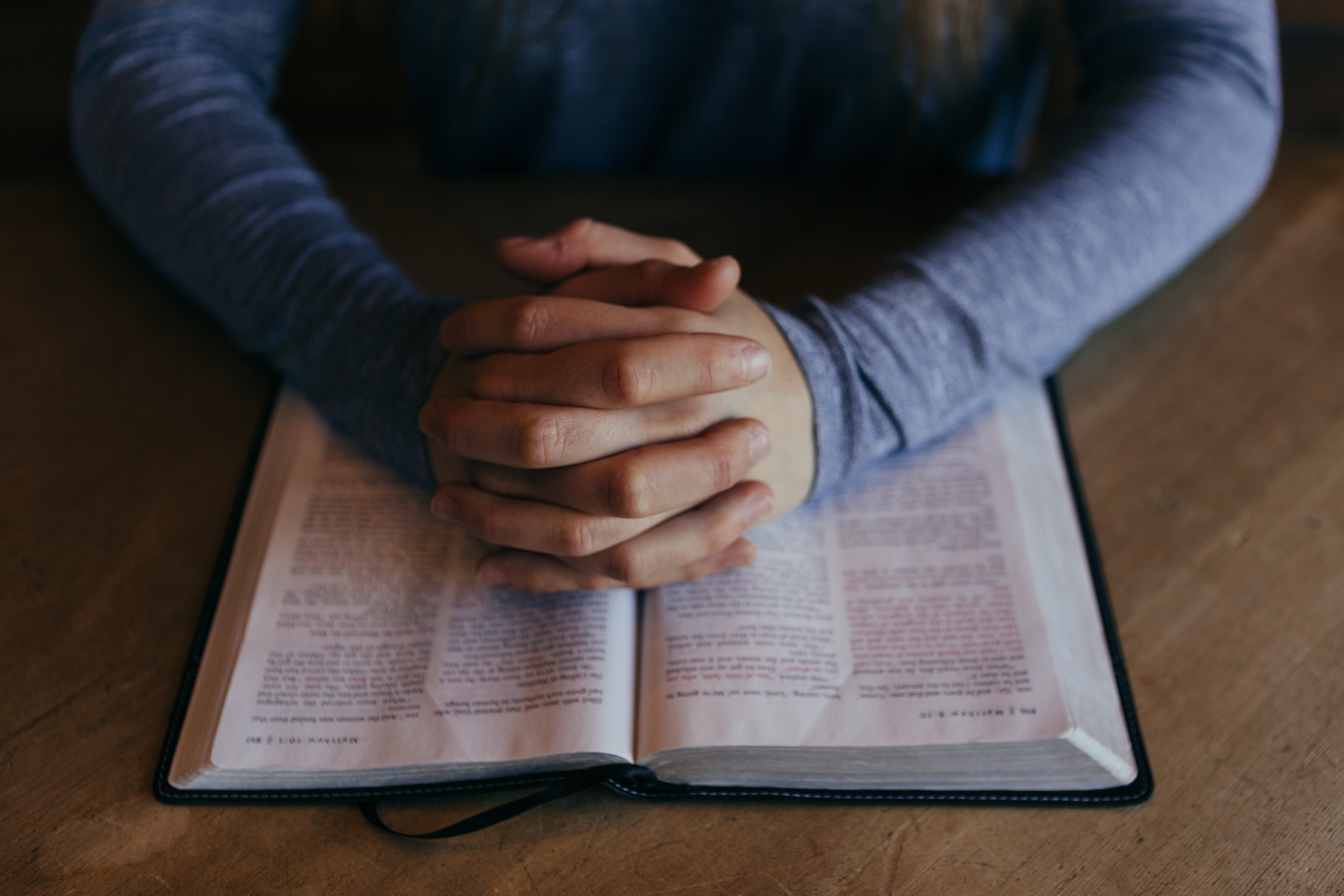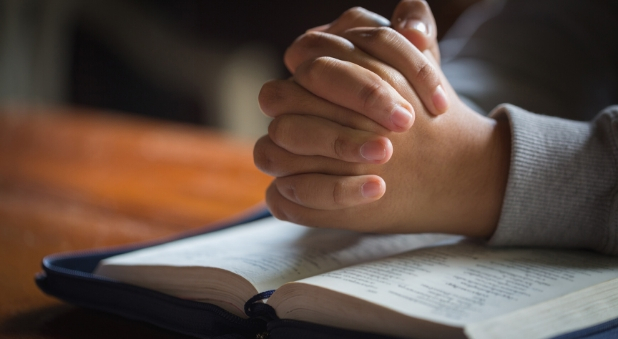This week I saw a video message by a young pastor in the UK, recorded from his hospital bed, warning that “Coronavirus is out to kill you”. His halting, breathless delivery and his young age, spoke louder than any health campaign could.
Our usual lackadaisical Australian response to Government warnings is one of suspicion or disdain, and the large crowds at Bondi Beach and St Kilda last month bear witness to this trait. Yet this is not just a problem for young people, but covers all ages, including those of advanced years.
However, I sense that Australians are losing their casual attitude to this pandemic. I sincerely hope many see and listen to the Government's advice to keep themselves safe. We have seen how governments in other countries have tried to restrain the spread of the Coronavirus, with varying success rates. This is a global problem, even if the World Health Organisation took a while to declare it as such.
The sad reality is that the potential for infection could now be anywhere in Australia. The growth in community-to-community infection is of greatest concern, as the origin of the virus is unknown, unlike those infected by contact with people coming from overseas. Therefore, more precautions are needed to combat COVID-19. More restrictions on our daily lives will become necessary if the viral spread is not contained.
What else can be done? Well, you might expect me to say that the missing piece is prayer – and it is.
I, like many other church leaders, have called for fervent prayer at this time. On the last Sunday in March, I invited our churches to commit themselves afresh to prayer as they met virtually, rather than physically. However, it is not limited to Sunday prayers. The bells of our Anglican cathedrals in Sydney, Wollongong and Parramatta are ringing at midday on Mondays and Thursdays to remind people to pray.
"God hears our prayers wherever we are"
Yet, as we hear of more and more Australians infected, and as our national death toll rises, there is a clearer call to prayer than any church bell I have ever heard. This is the same call I made during the bushfire crisis, although this time Coronavirus touches all Australians – not just those in the path of fire.
Late last year I was asked by radio journalist Richard Glover about whether prayer really worked.
It was an honest question and my response was, and is, an emphatic “Yes!” Prayer is an expression of our dependence upon God. It recognises that we humans do not rule the world, as much as we like to think we do. Our world is governed by forces beyond our control, one of which is weather, along with the disasters of flood, fire and drought.
Prayer is an expression of our dependence upon God
When we bring our requests to God, he is faithful to his promise to answer our prayers as we offer them in faith. I firmly believe that the end of the bushfires, which had been predicted to last until April, was in response to the prayers of many. The unexpected deluge of rain not only quenched the roaring fires, but broke the drought in many places with the resulting new shoots of growth bursting through the earth.

Yet, as Christians prayed, many still lost their houses or – in some cases – their lives. Have our prayers been ineffective in such cases? To this, my answer is an emphatic “No”, but the answer comes with the humble recognition that we do not know the mind of God in all things, only those things that have been revealed. God does not merely give us what we want, but what we need. What is most needful, beyond our property and our very lives, is our relationship with him. That calamity, disease and death continue to haunt us in this world are reminders that our world is out of kilter with the Maker of heaven and earth.
As C.S. Lewis wrote in The Problem of Pain,
We can ignore even pleasure. Nevertheless, pain insists upon being attended to. God whispers to us in our pleasures, speaks in our conscience, but shouts in our pains: it is his megaphone to rouse a deaf world.
God is speaking to us
In a world engulfed by a microscopic virus, which is wreaking havoc and the fear of death around the globe, God is speaking to us. We all know we shall one day die, but we foolishly and conveniently forget this reality. More importantly, we forget what will happen to us after death. Yet God has defeated death in the person of Jesus Christ. This is the focus of our Easter season. It is only our trust in him that can rescue us from the fate of death and give us life beyond the grave.
That is why our prayers are offered in the name of Jesus, the death destroyer. That is why we should pray to God through Jesus, that he would have mercy on our world and bring an end to COVID-19. He will no doubt do this through government restrictions and the finding of a vaccine, but he will also accomplish this through our prayers, for it is he who rules our lives, and it is he to whom we must give an account.






















